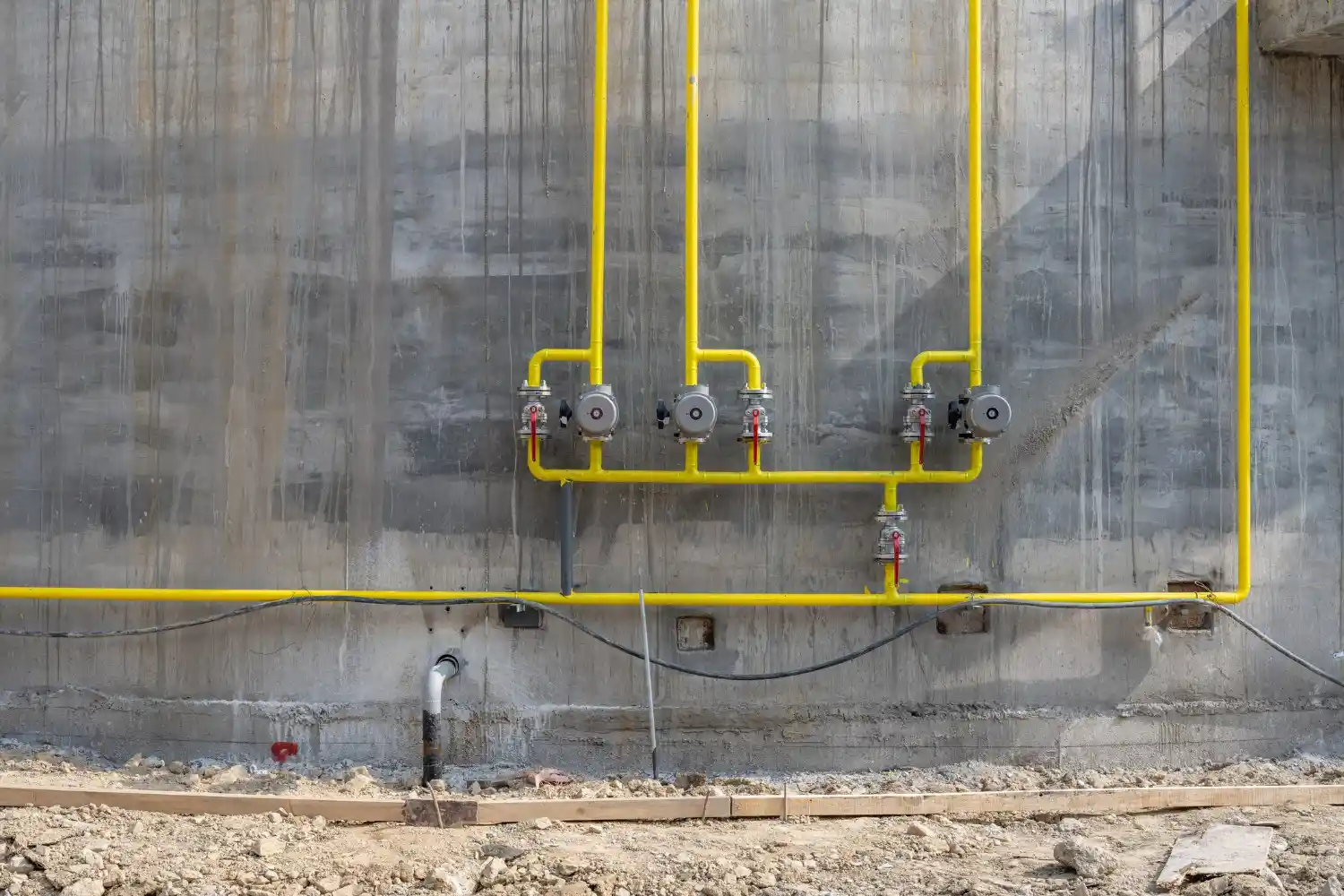Repiping in West Springfield, VA
Repiping is a major but often necessary investment for long-term plumbing reliability. In West Springfield, VA, where many homes were built decades ago and experience seasonal freeze/thaw cycles and moderately hard water, whole-house or partial repiping can eliminate recurring leaks, improve water quality, and protect your home from hidden water damage. This page explains when repiping is appropriate, the common materials used, how a professional repipe is planned and executed, what to expect during the project, permitting and code considerations for Fairfax County, and the long-term benefits West Springfield homeowners typically see.

Why homeowners in West Springfield need repiping
Common reasons to consider repiping include:
- Age of existing pipes: Older galvanized steel or outdated piping systems deteriorate over time, leading to reduced flow and corrosion.
- Recurrent leaks: Frequent patch repairs or new leaks in multiple locations usually indicate a systemic failure rather than isolated problems.
- Corrosion and mineral buildup: Northern Virginia’s water tends to leave mineral deposits that restrict flow and accelerate corrosion in older metal pipes.
- Water quality concerns: Rusty or discolored water, metallic taste, or sediment at fixtures often point to degraded supply lines.
- Slab and foundation risk: Homes with slab foundations in West Springfield are particularly vulnerable to hidden leaks that can cause structural damage if plumbing under concrete is failing.
Whole-house vs partial repiping: which is right for your home
- Whole-house repipe: Replaces all interior water supply lines from the main shutoff to fixtures. Recommended when multiple leaks exist, when pipes are original to the house (especially galvanized), or when you want a single, long-lasting upgrade.
- Partial repipe: Targets specific problem areas—kitchen, bathroom group, or a single-level run. This is appropriate when the rest of the system is relatively new and in good condition or when budget and disruption must be limited.
Common repiping materials and their benefits
- PEX (cross-linked polyethylene)
- Pros: Flexible tubing that reduces fittings, faster install times, excellent freeze tolerance, quieter, and resistant to corrosion and scale.
- Cons: Must be protected from UV exposure and certain rodent damage; fittings require certified connectors.
- Copper
- Pros: Long track record, durable, heat-resistant, compatible with a wide range of fixtures, and fully code-accepted when installed correctly.
- Cons: More labor- and material-intensive to install; can be affected by aggressive water chemistry in rare cases.
- Material choice considerations in West Springfield
- For older homes with limited wall cavities, PEX’s flexibility can reduce demolition.
- Copper may be preferred where extreme heat resistance or long-term material familiarity is desired.
- Local code requires lead-free materials and approved connectors; a licensed plumber will match the material to your home’s conditions and preferences.
Expected disruption and timelines
- Partial repipe: Often completed in a day to a few days depending on scope. Disruption is usually localized to the affected rooms.
- Whole-house repipe: Typically takes several days to a week for a standard single-family home, sometimes longer for larger homes or ones with hard-to-reach plumbing runs.
- What to expect during the project
- Temporary water shutoffs for affected zones; a full shutoff may be required for portions of the project.
- Dust control measures and protection of living spaces.
- Open access panels, minor drywall or cabinetry adjustments, and subsequent repair work.
- Clear communication on daily start/stop times and which areas will be inaccessible.
Permitting and code compliance in Fairfax County
- Repiping work must meet the Virginia Uniform Statewide Building Code and local Fairfax County permit/inspection requirements.
- Installations must use approved, lead-free materials and follow approved piping methods, connections, and support spacing.
- Inspections confirm pressure testing, correct routing, and safe connections to existing systems such as water heaters and exterior lines.
- A licensed plumber will file permits, coordinate inspections, and ensure all work is documented for insurance and resale purposes.
Cost factors (what affects your investment)
- Scope: whole-house vs partial repipe, number of fixture branches
- Material choice: PEX vs copper and associated fittings
- Accessibility: walls, attics, crawlspaces, or slab penetrations increase labor and complexity
- Restoration needs: drywall, cabinetry, flooring repairs after pipe replacement
- Required permits and inspectionsRather than a one-size-fits-all price, consider these factors when evaluating estimates and comparing proposals.
Long-term benefits for West Springfield homes
- Reduced leak risk and fewer emergency repairs: New piping lowers the chance of hidden slab leaks and repeated fixture leaks.
- Improved water quality and flow: Clearer water, better temperature control, and consistent pressure improve daily use and protect appliances.
- Compatibility with modern systems: New piping supports tankless water heaters, water filtration, and smart plumbing controls.
- Increased home value and marketability: A documented repipe is a strong selling point in resale situations.
- Peace of mind: Replacing aging infrastructure removes ongoing uncertainty and potential for costly water damage.
Maintenance tips after repiping
- Know your main shutoff and individual zone valves.
- Monitor water pressure; install a pressure regulator if spikes occur.
- Protect exposed lines from sunlight and pests; insulate pipes in unheated spaces for winter.
- Schedule periodic checkups for visible connections and water heaters.
- Use gentle drain maintenance—avoid harsh chemical cleaners that can affect fittings over time.
Repiping is a substantial home improvement that solves persistent plumbing problems and prevents future damage. For West Springfield homes, addressing age-related pipe deterioration, mitigating slab leak risk, and selecting the right materials for local conditions will deliver lasting performance and improved water quality. A licensed plumber will handle permits, inspections, and professional installation so your repipe meets local code and provides dependable service for years to come.
Trusted Brands.
We partner with industry-leading manufacturers to ensure your plumbing system runs on durable, high-quality parts built to last.


















Customer Testimonials
Cherry Blossom Plumbing has consistently provided top-notch service, ensuring every issue is resolved efficiently and professionally.

Service Areas
Proudly serving Arlington and the surrounding Virginia communities with fast, reliable plumbing solutions you can count on.




